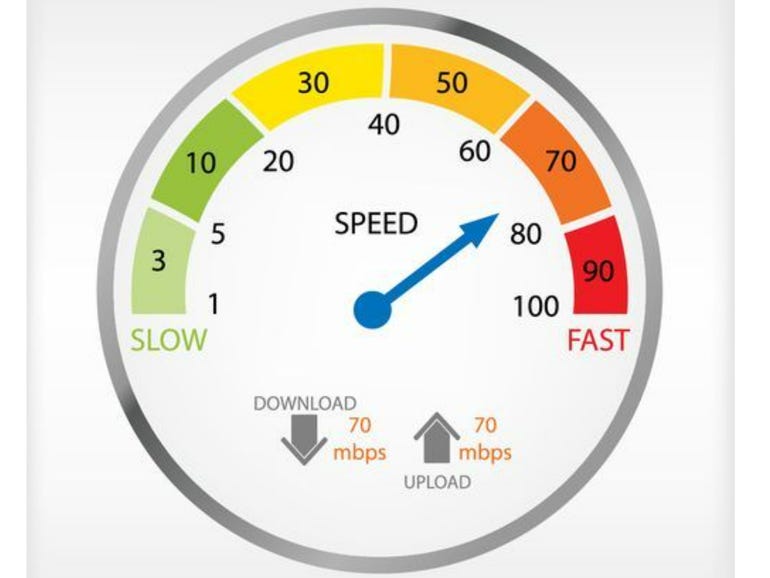
You are in the middle of your favorite streaming program when you unexpectedly experience the much dreaded “spinning wheel.” You thought you’d chosen the fastest internet speeds. So why is this happening? There are actually two separate speeds you may not have considered: download speed and upload speed.
To help you understand the difference between the two speeds, we’ve created a primer on both types of speed, why they matter, and what you can do to optimize them for the best internet experience.
What’s the difference between download and upload speed?
To understand the difference between download and upload speeds, you first have to take a look at how internet speed is measured. It’s all about how fast data can transfer to or from your computer, which measures in megabits of data that can be transferred per second (Mbps).
The download speed refers to how fast the data can be transferred from the internet to your computer, while the upload speed refers to how fast the data can transfer from your computer to the internet.
Why does download speed matter?
For most people, the bulk of their internet usage relies on fast download speeds. The download speed affects everything from loading web pages and images to listening to music, downloading files, and streaming video. Streaming activities, especially, require a fast download speed.
Without it, you might experience a lot of buffering, images that won’t download, or web pages that are slow to load.
Why does upload speed matter?
The majority of us upload data to the internet much less frequently, but some activities do require you to send data in the opposite direction.
Sending emails, uploading YouTube content, and enjoying a live video call with a friend are all examples of activities that require a good upload speed.
How to optimize for ideal download/upload speed
If you’re looking for ways to optimize your internet speeds, there are a few things that you can do to make sure you’re getting the best experience possible.
- Run an internet speed test: Before you can go about fixing your connection, you need to know what you’re working against. Run a free internet speed test to start to get a sense of where your download and upload speeds are. Then, once you’ve completed some of the suggestions below, run it again to track the change.
- Reset your router: Routers should be reset every so often to refresh your internet connection. To do this, it’s as simple as turning the router off, waiting 30 seconds, and turning it back on again. Know that it won’t drastically change your internet speed, but it will help a bit.
- Clear your cache: As you visit websites, your browser collects information about you and your browsing habits in the form of cookies. Marketers use this information to produce ads that are relevant to your interests. However, when your browser stores too many of these cookies, your internet can get sluggish. You’ll need to clear your cache in order to get rid of them.
- Try a different internet service provider (ISP): If slow internet has really got you down, one thing that you can do is try to negotiate with your current ISP to see if they can move you to an upgraded plan or to switch service providers entirely. You may even be able to save a little money if you move to a new company.



